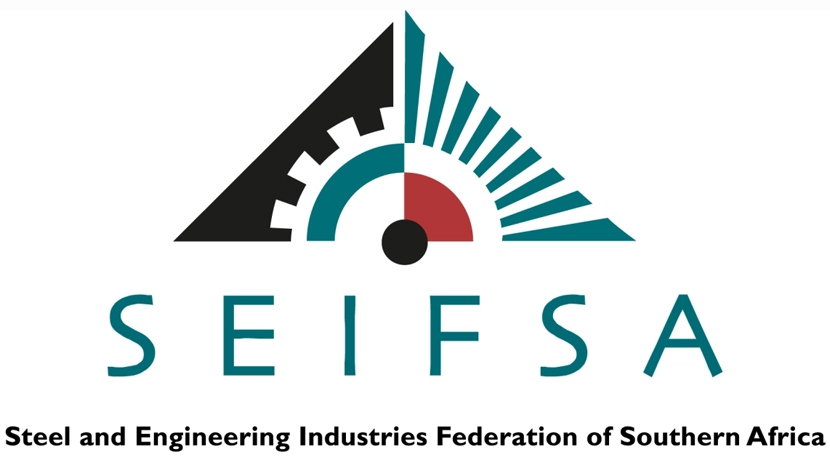
![SEIFSA - [https://saraccablog.files.wordpress.com/2016/03/2014feb06_seifsa_logo-jpg.jpg?w=1200]](https://concretetrends.dmgeventslive.com/wp-content/uploads/2016/10/0b6eb7b879847c2cc550d7af3034aa1c.jpg)
The incoming president of the Steel and Engineering Industries Federation of Southern Africa (Seifsa), Michael Pimstein, has called on employers affiliated to the body to adopt a proactive stance towards the upcoming 2017 wage negotiations.
Pimstein is returning to a Seifsa post he last occupied in 2006 and 2007, following the resignation of Angela Dick, of Transman, who was elected as the organisation’s first woman president in October 2015.
In an address to Seifsa members on Friday, Pimstein says that discussions with the labour unions in the metals and engineering sector should be opened as soon as practically possible. He also urged employers to “embrace dialogue”, rather than viewing the upcoming negotiations as a “war”.
During the previous round of wage talks in 2014, a three-year settlement was secured after a month-long and, at times, violent strike. That agreement will expire at the end of June 2017.
The 2014 to 2017 deal was also strongly opposed by Seifsa’s rival, the National Employers’ Association of South Africa (Neasa), as being “unaffordable” for smaller firms in the metals sector.
The 2017 talks are expected to begin in March, with some discussion already under way about pursuing bargaining in a way that conditions at a sub-sectoral level could be taken into account.
Pimstein acknowledged that the industry was currently struggling in the face of hostile global and domestic economic conditions, overcapacity, even greater importation threats, particularly from China, and weak steel consumption.
There were also concerns about the possible negative effects on downstream industry of recent moves by government to protect South Africa’s primary steel producers.
“These conditions are likely to prevail for some time . . . as there are no signs that the world market is rapidly moving out of its weakness,” he said, adding that unless the global economy was growing above 2.5% steel consumption would remain under pressure.
“So I think we need to prepare ourselves in South Africa – which has particularly challenging social and political issues and a no-growth environment – to do the best we can in a [steel] market next year that is not likely to exceed 4.5-million tons.”




